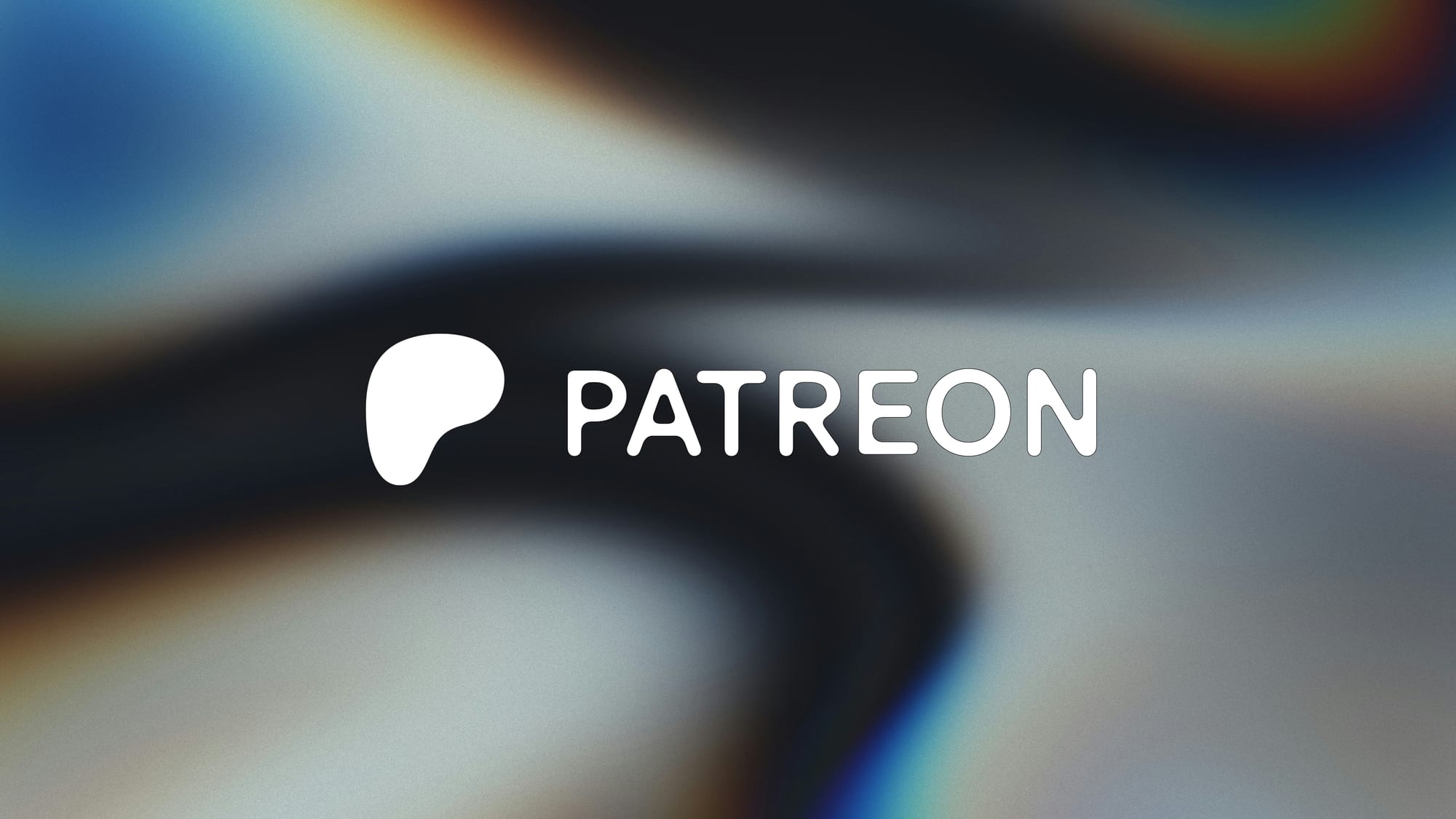When you’re launching a new business, entering a fresh career, or stepping into a leadership role, it’s easy to find yourself haunted by a persistent thought: “I don’t belong here.” This feeling—known as imposter syndrome—has a reputation for being a problem to fix. But what if it’s actually a hidden advantage for those just starting out?
The Surprising Upside of Feeling Like a Fraud
At least 70–84% of US professionals have wrestled with imposter syndrome at some point, especially among entrepreneurs and high achievers. While it can sometimes sap confidence, studies by MIT and Wharton researchers reveal unexpected benefits: people with imposter thoughts are often more motivated, more curious, and—crucially—better at supporting their teams.
“Feeling like an impostor puts us in a beginner’s mindset, leading us to question assumptions that others have taken for granted,” writes psychologist Adam Grant in his bestseller Think Again.
That questioning spirit opens the door to smarter strategies and more innovative problem-solving—a superpower for anyone at the start of a new journey.
Other-Oriented Leadership
Professor Basima Tewfik at MIT Sloan found that “impostor thoughts make you more ‘other oriented’—more attuned to other people’s perceptions and feelings—which makes you more likable” and effective at work. Her research demonstrated that physicians and job candidates with imposter syndrome were rated as having better people skills, sought out more feedback, and encouraged others more often than their more confident peers.
In business, this translates to founders and starters who listen more, adapt quickly, and create collaborative, psychologically safe teams—key ingredients for growth and longevity.
Motivation You Can’t Manufacture
If you secretly worry you’re not good enough, you work harder to prove you deserve your place—often going the extra mile to prepare, research, and double-check your work. This drive isn’t about arrogance; it’s fueled by humility and the desire to succeed honestly, a trait that lays the foundation for resilient, sustainable businesses.
Entrepreneur and author Zoe Sugg once shared:
“I’m constantly doubting everything I’ve achieved, everything I’m working on business wise…It’s such a peculiar feeling and nothing I do seems to make it ‘less so’”.
But that relentless self-check often leads to above-average performance rather than complacency.
Turning Self-Doubt Into Strength
Of course, chronic self-doubt shouldn’t paralyze you. The line between motivating insecurity and destructive self-criticism is thin. But by embracing the discomfort and sharing it openly, you can turn imposter syndrome into a catalyst for growth and connection.
In the words of Wharton’s IDEAS Lab:
“Having imposter thoughts actually improves interpersonal performance at work: helping people, cooperating, and encouraging others”.
So if you’re starting something new and feel out of your depth, take heart: you’re exactly where you need to be. Not despite the imposter feelings, but because of them.
“If you’re not feeling like an imposter, maybe you’re not challenging yourself enough.”
— Adapted from professional commentary and MIT research.














Discussion